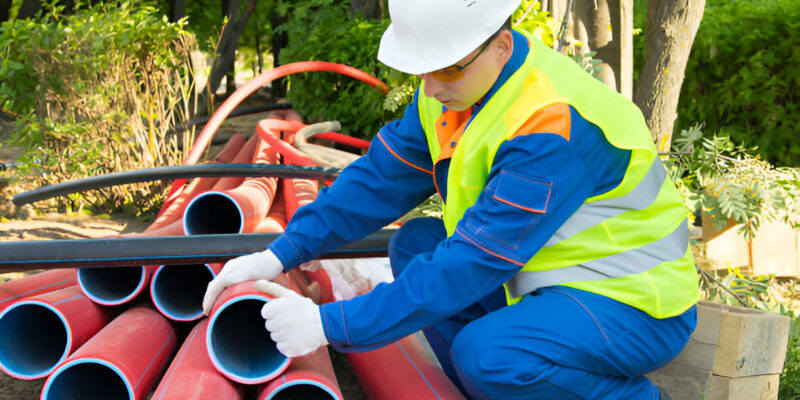Pipe insulation is often associated with energy efficiency and temperature control, but it also plays a crucial role in noise reduction. The sounds generated by pipes can be disruptive, particularly in residential and commercial settings. This guide explores how pipe insulation works to reduce noise and why it’s essential.
How Pipe Insulation Works
- Sound Transmission Reduction:
- Material Composition: Pipe insulation is typically made from materials like foam, rubber, or fiberglass. These materials have sound-absorbing properties that help reduce the transmission of noise through the pipes.
- Damping Vibrations: Insulation can dampen vibrations caused by water flow, heating, or cooling, which can otherwise resonate through the piping and into the building structure.
- Thermal Expansion and Contraction:
- Minimizing Movement: As pipes heat up and cool down, they expand and contract, creating noise. Insulation helps stabilize the temperature fluctuations, reducing the noise associated with these movements.
- Barrier to Sound:
- Soundproofing Effect: By adding a layer of insulation around pipes, you create a physical barrier that sound must travel through, which diminishes its intensity before it reaches living or working spaces.
Why You Need Pipe Insulation for Noise Reduction
- Enhanced Comfort:
- Peaceful Environment: Reducing pipe noise contributes to a quieter, more comfortable living or working environment, which is particularly important in open-plan spaces or densely populated buildings.
- Improved Property Value:
- Desirable Features: Homes and buildings with reduced noise levels are often more appealing to potential buyers or renters, enhancing property value.
- Preventing Damage:
- Protecting Infrastructure: Excessive noise from pipes can indicate underlying issues, such as water hammer or pressure fluctuations. Insulation helps mitigate these issues, preventing potential damage.
- Energy Efficiency:
- Dual Benefits: While the primary focus here is noise reduction, properly insulated pipes also retain heat, contributing to overall energy efficiency and lower utility bills.
- Compliance and Regulations:
- Building Codes: In some areas, building codes require noise control measures. Insulating pipes can help meet these requirements.
Conclusion
Investing in pipe insulation for noise reduction is a smart choice for anyone looking to enhance comfort, prevent damage, and improve property value. With its sound-absorbing qualities and ability to dampen vibrations, pipe insulation is an effective solution for creating a quieter environment in homes and businesses alike. If you’re experiencing excessive noise from your plumbing or HVAC systems, consider exploring insulation options to achieve a more peaceful atmosphere.

